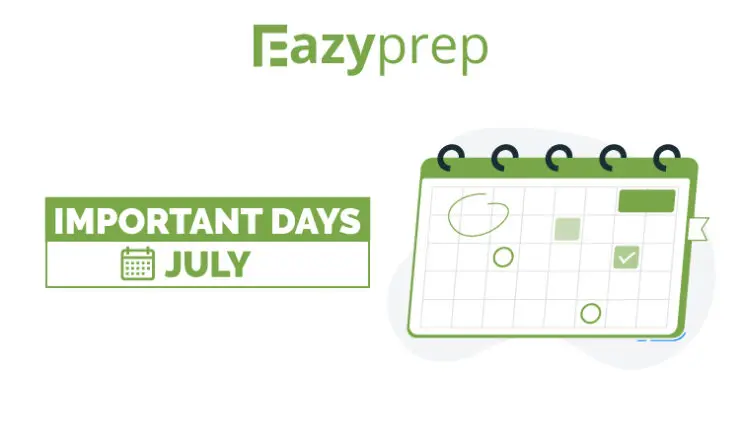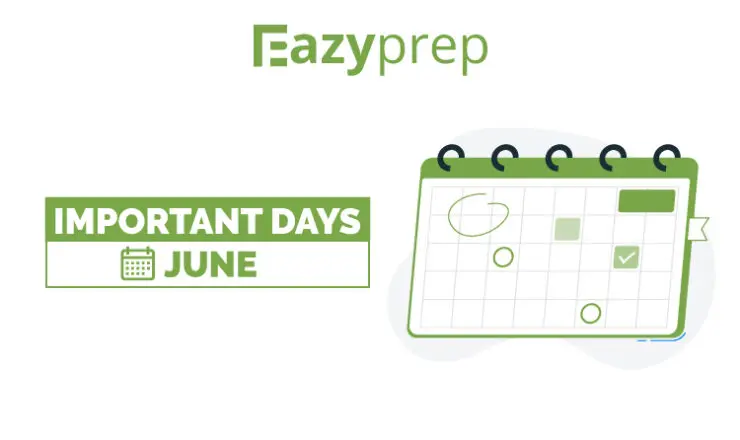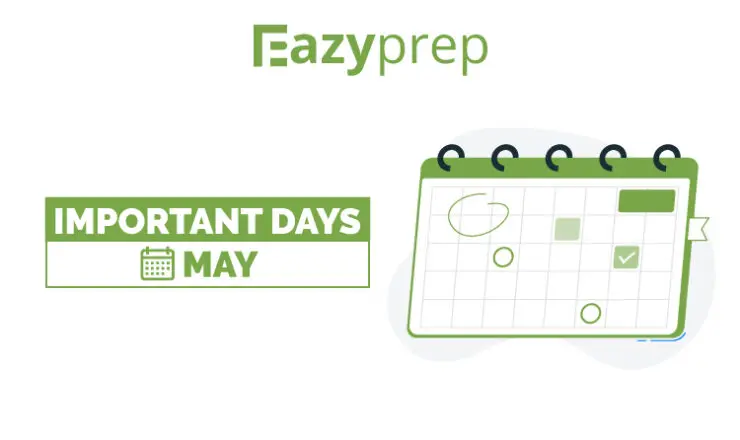![]()
In this article you will learn:
- Adjectives
- Comparison of Adjectives
- Degrees of Comparison of Adjectives
- Adjective Rules in Comparison
Exam Connect:
Adjectives describe a noun. Adjectives are used in the comparison between two nouns. The degrees of comparison are based on Adjective Rules. Usually, a candidate gets a sentence where he/ she has to fill in the appropriate adjective of the correct degree of comparison or find out the given type of adjective from a sentence. Adjective questions for competitive exams are one of the most important parts of the verbal ability section of English for Entrance Exams. Questions appear in the forms of:
- Fill in the blanks
- Choose the right Option

Comparison of Adjectives
An adjective is a word that adds meaning to a noun or pronoun. Consider the following sentences:
- Amar is a tall boy.
- Akbar is taller than Amar.
- Antony is the tallest boy.
The different degrees of height is expressed by three different forms: tall, taller, tallest. Thus, here there are three degrees of comparison:
- Positive (tall)
- Comparative (taller)
- Superlative (tallest)
These are examples of the comparison of an adjective.
Adjective Rules in Comparison
Rule 1
According to Adjective Rules, adjectives of one syllable form their comparative and superlative with -er and est. Sometimes, a change in spelling is also required. Few examples are given below:
- Rich, Richer, Richest
- Big, Bigger, Biggest
- Brave, Braver, Bravest
Rule 2
According to Adjective Rules, adjectives of three or more syllables form their comparative and superlative by putting more, most before the positive. Few examples are given below:
- Beautiful, More Beautiful, Most Beautiful
- Interesting, More Interesting, Most Interesting
Rule 3
According to Adjective Rules, adjectives of two syllables follow one or the other of the above rules. Those which end in -y usually add -er, est and others use more and most. Few examples are given below:
- Happy, Happier, Happiest
- Tragic, More Tragic, Most Tragic
Rule 4
According to Adjective Rules, some adjectives take form their comparative and superlative with -er and est as well as with more and most. Few examples are given below:
- Quiet, Quieter, Quietest
Quiet, More Quiet, Most Quiet
- Gentle, Gentler, Gentlest
Gentle, More Gentle, Most Gentle
Rule 5
According to Adjective Rules, some adjectives have irregular comparatives and superlatives. Few examples are given below:
- Good, Better, Best
- Bad, Worse, Worst
Rule 6
According to Adjective Rules, some adjectives have both regular and irregular comparatives and superlatives. An example of such as adjective is old. Its regular comparative and superlative are older and oldest, and its irregular ones are elder and eldest. The latter is used mostly when it comes to relations like an elder sister or eldest brother.

Adjective Rules Practice Questions
Fill in the blanks by choosing the correct option:
1. Radha is ______ than Rekha.
A) prettier B) pretty C) beautifuller D) None of the Above
Answer: A
Explanation: According to Adjective Rules, the comparative degree here is formed by adding -er.
2. This book is ________ than that.
A) difficulter B) more difficult C) difficultest D) None of the Above
Answer: B
Explanation: According to Adjective Rules, the comparative degree here is formed by adding more.
3. Vijay is the _______ of the two brothers.
A) older B) old C) eldest D) None of the Above
Answer: C
Explanation: According to Adjective Rules, the comparative degree here is formed by an irregular form, as it signifies a relation.
4. Iron is _____ than steel.
A) more useful B) usefuller C) most useful D) None of the Above
Answer: A
Explanation: According to rules, the comparative degree here is formed by adding more.
5. I can cook ______ than I can bake.
A) good B) better C) best D) None of the Above
Answer: B
Explanation: According to Adjective Rules, the comparative degree here is irregular.

English for Entrance Exams is generally an easy section for any entrance examinations, but the grammar part of it has always confused exam takers. Questions of the section conduct tests about the in-depth knowledge of a student in using the English Language. Hope this article was helpful to you in understanding the Adjective Rules section of entrance exams. All the best!


